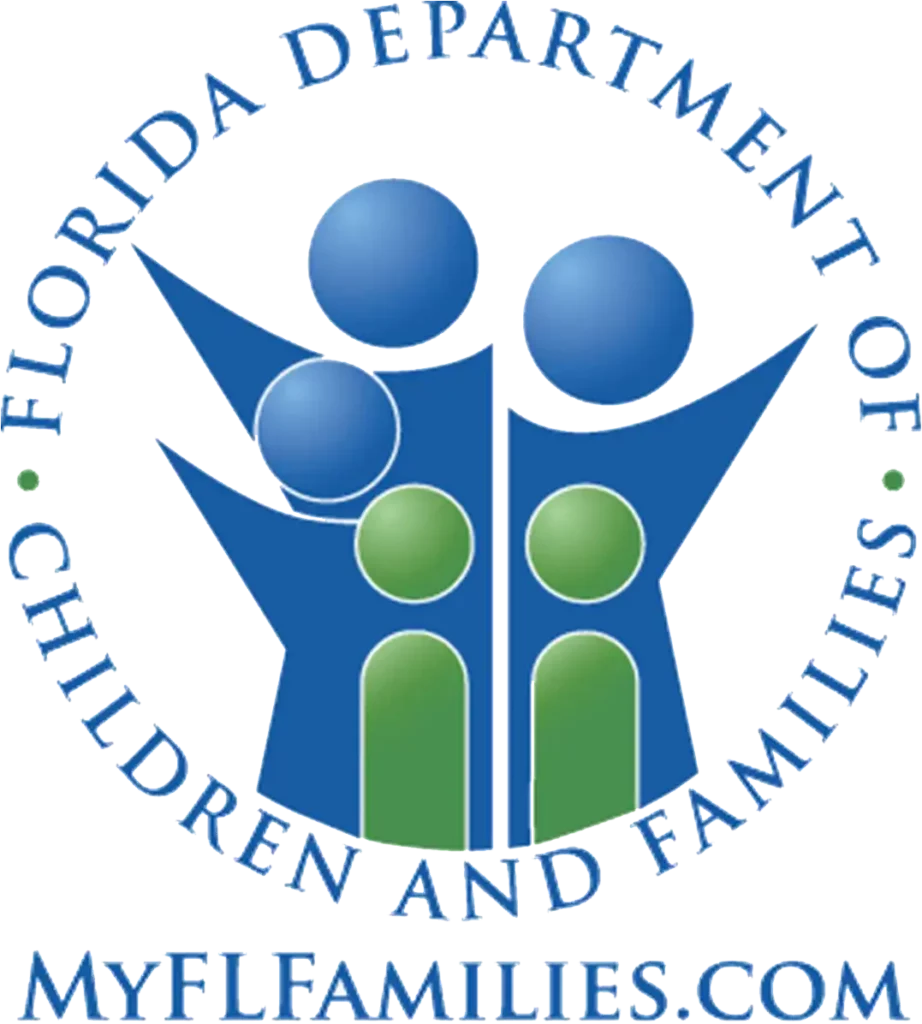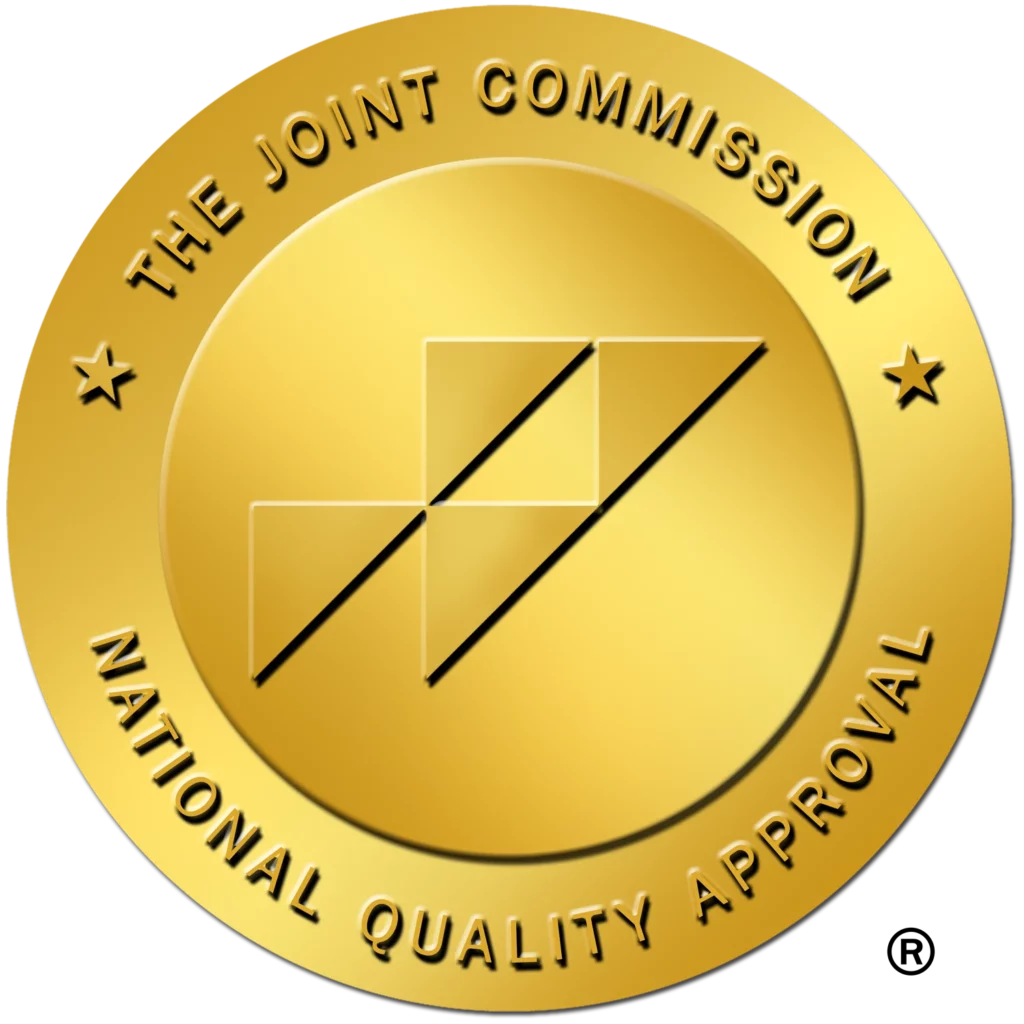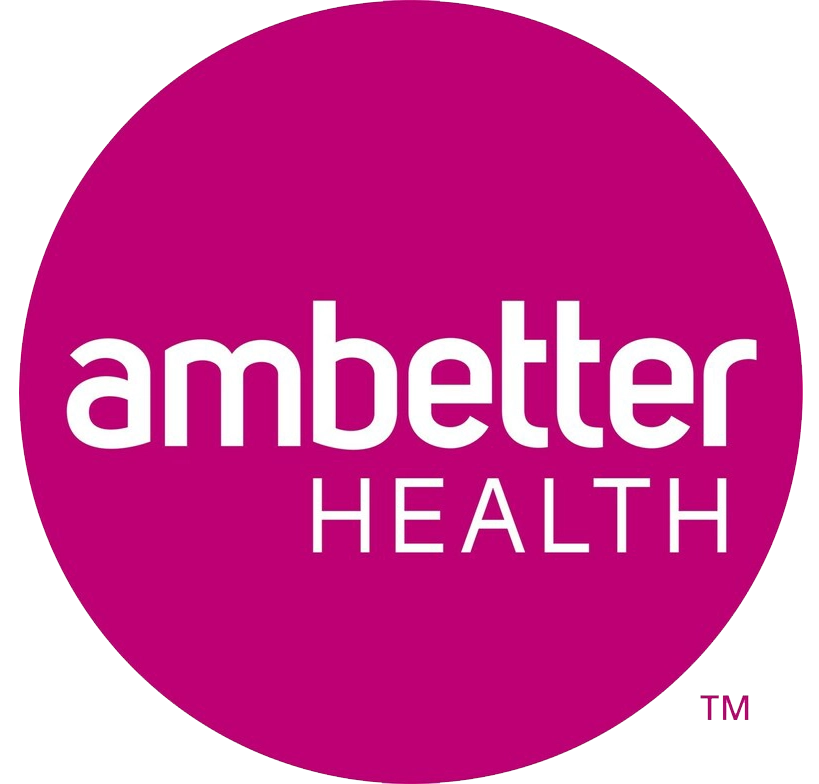What Are Adult Children of Alcoholics (ACOAs)?
This entry was posted in Addiction News, Alcohol Abuse, Mental Health and tagged codependency in famiies with addiciton, Substance Abuse on January 08, 2024 by Justin Baksh, MS, LMHC, MCAP, Chief Clinical Officer.

Adult Children of Alcoholics, or ACOAs for short, are people who grew up in families where
one or more of their parents struggled with alcoholism. This means that they had a parent or
caregiver who had a difficult relationship with alcohol. Because of this, they’ve had some
unique experiences and challenges as they were growing up.
How Common Are ACOAs?
Finding exact, current statistics for the number of Adult Children of Alcoholics (ACOAs) can
be challenging. Many cases of alcoholism in families go unreported. Children, and later as
adults, may not recognize or acknowledge the alcoholism in their family, or they may choose
not to report it due to privacy concerns, shame, or fear of stigma. Other factors, such as
different ideas about what alcoholism means, cultural factors and a lack of research
specifically targeting ACOAs.
According to a report published by the Substance Abuse and Mental Health Services
Administration (SAMHSA), about 1 in 10 children (7.5 million) lived in households with at
least one parent who had a past year alcohol use disorder.
Although these numbers may not capture the full scope of the issue, one thing is clear.
Growing up in an environment affected by alcoholism influences a person’s experiences as an
adult.
Who Qualifies as an ACOA?
Anyone whose parent or parents were addicted to alcohol during their childhood qualifies as
an ACOA. It doesn’t matter if the alcoholism was constant or if the parent later recovered; the
impact of that experience during their developmental years is what counts.
The Acronym ACOA and Its Significance
The acronym ACOA is important because it gives a specific name to a group of people with
shared experiences. It acknowledges that growing up with an alcoholic parent is a distinct
experience with its own set of challenges. This term helps people find a sense of community
and understanding with others who have gone through similar situations.
ACOAs in the Context of Family Dynamics and Addiction
In families where a parent is battling alcohol addiction, the family dynamics often revolve
around this struggle. This can lead to a household filled with uncertainty, emotional stress,
and sometimes neglect or abuse. As a result, ACOAs might grow up facing unique emotional
and psychological challenges. They may have difficulties with trust, forming relationships, or
managing their own emotions. Understanding the role of an ACOA is crucial in acknowledging
how deeply family and addiction can intertwine and affect an individual’s life well into
adulthood.
Common Effects of Growing Up in an Alcoholic Home
Growing up in a home where a parent struggles with alcohol addiction can leave deep
emotional marks on children. These can remain with them and often stretch far into
adulthood, influencing various aspects of their lives.
Emotional Impact
Many ACOAs experience emotional challenges like anxiety and depression. Living in a
household with alcoholism can create a stressful and unpredictable environment, leading to
constant worry and sadness. These feelings might continue even after they’ve grown up,
making it hard for them to feel relaxed and happy.
Trust Issues and Relationship Difficulties
Trust can be hard to come by for someone who grew up in an alcoholic environment. When a
parent’s behavior is inconsistent due to alcoholism, it can teach children to be wary and
doubtful. This lack of trust often spills into their adult relationships, making it tough for them
to form close, trusting bonds with others. They might struggle to open up, fearing betrayal or
disappointment.
Low Self-Esteem and Self-Worth
Many children of alcoholics grow up feeling like they aren’t good enough. They may blame
themselves for the problems at home or feel neglected. This can lead to poor self-esteem, and
constant doubt about their worth as a person and their value as a person. Such feelings can
affect their confidence in both personal and professional settings.
The Cycle of Addiction Within Families
Unfortunately, the cycle of addiction can repeat itself in families. Someone with an alcohol
influenced upbringing might find themselves more susceptible to developing substance abuse
problems, including alcoholism. Genetic factors, as well as learned behaviors from the
dynamic in their home, often cause this. Breaking this cycle requires awareness and often
professional help.
Forgiving Your Parents
For many people, forgiving their parents can be a crucial step in healing. However, it’s
important to understand what forgiveness means and how to approach it.
Understanding the Need for Forgiveness
Forgiveness is about finding peace for yourself, not just letting someone off the hook. It’s a
personal process that helps you let go of anger and hurt from the past. This doesn’t mean you
forget what happened or that it was okay. It’s about moving forward and not letting these past
hurts control your life.
The Process of Forgiveness
Forgiveness is a journey, not a single moment. It often involves understanding why your
parent struggled with alcoholism, recognizing the impact it had on you, and deciding to let go
of the bitterness. This process may take some time, and you may need to revisit painful
memories. It’s okay if it doesn’t happen all at once.
Forgiveness Doesn’t Mean Condoning the Behavior
It’s crucial to know that forgiving your parent doesn’t mean you agree with or excuse their
actions. Alcoholism is a complex issue, and their struggle with it may have hurt you deeply.
Forgiving them means you’re choosing to heal from these wounds, not that you’re saying what
they did was acceptable.
Tips for ACOAs on Approaching Forgiveness
- Reflect on the Past: Understand how your parent’s alcoholism affected you. Acknowledging
this can be a powerful first step. - Seek Support: Talk to friends, join a support group, or consider therapy. Sharing your
feelings can be very helpful. - Set Boundaries: Forgiving doesn’t mean you have to let the person back into your life in the
same way as before. Set boundaries that protect your well-being. - Focus on Yourself: Forgiveness is for you. It’s about your peace and moving forward with
your life. - Take Your Time: Don’t rush it. Forgiveness is a deeply personal process, and it’s different
for everyone. It is your choice and an important step towards healing. The point is to make
peace with your past, so you can build a happier, healthier future.
Avoiding Codependency
In her award-winning book “Codependent No More,” author Melody Beattie defines
codependency this way. “A codependent person is one who has let another person’s behavior
affect him or her, and who is obsessed with controlling that person’s behavior.”
Codependency happens when someone depends too heavily on another person for their
emotional well-being and self-confidence. Children who grow up in a home with an alcoholic
parent develop these codependent patterns. The child might have had to take care of their
parent or family from a young age, learning to put others’ needs before their own. This can
lead to a pattern where, even as adults, they find themselves in relationships where they’re
always the caretaker, often neglecting their own needs.
Recognizing Codependent Behaviors
The key signs of codependency are:
- Putting the needs of others above their own in unhealthy ways
- Difficulty saying no or setting boundaries.
- Feeling that the happiness or well-being of others is their responsibilities
- Staying in unhealthy relationships because they are afraid of being alone.
- Having a hard time identifying one’s own needs or feelings.
Steps to Break Free from Codependency
Breaking free from codependency is about creating a healthy balance in relationships and
taking care of yourself as much as you care for others. It’s a journey towards becoming more
independent and establishing fulfilling, balanced relationships.
- Self-awareness: The first step is understanding codependent behaviors and recognizing
them in yourself. - Educate Yourself: Learn more about codependency and how it affects relationships.
- Seek Support: Therapy or support groups can be very helpful in addressing codependent
patterns. - Set Boundaries: Understand the importance of prioritizing your own needs, learn to say no,
and set limits in relationships. - Build Self-Esteem: Do things that make you feel good about yourself and strengthen your
independence. - Practice Self-Care: Take time for yourself and do things that you enjoy and that are good for
your well-being.
Practicing Self-Love and Self-Care
For ACOAs, practicing self-love and self-care is a vital part of healing and personal growth.
This is about treating yourself kindly and looking after your own well-being. If you grew up
prioritizing others’ needs, it’s especially important to learn to take care of yourself. This means
setting aside time to do things that meet your mental, emotional, and physical needs.
Practical Self-Care Strategies
- Therapy: Talking to a therapist can help people work through past trauma and learn healthy
coping strategies. - Support Groups: Joining groups like Adult Children of Alcoholics can provide a sense of
community and shared understanding. - Healthy Habits: Regular exercise, a balanced diet, and enough sleep are fundamental for
physical and mental well-being. - Hobbies and Interests: Engaging in activities that bring joy and relaxation can be a great
way to practice self-care. - Mindfulness Practices: Techniques like meditation or yoga can help in managing stress and
improving mental clarity.
Encouraging Self-Compassion
It’s important to be kind to yourself. This means not being too hard on yourself, forgiving
yourself for past mistakes, and recognizing your worth. Encouraging positive self-talk and
acknowledging personal achievements, no matter how small, are key steps in building self compassion.
Focusing on self-love and self-care, is the best way to build a healthier relationship with
yourself, and foster a sense of inner strength and resilience.
A Journey Towards Healing and Hope
Being an Adult Child of an Alcoholic (ACOA) undoubtedly comes with its unique set of
challenges. However, it’s important to remember that there is always hope for healing and a
brighter future. Your experiences may have shaped you, but they don’t have to define you.
There are paths forward that lead to healing, understanding, and personal growth.
If you’re struggling with the impact of growing up in an alcoholic home, know that help is
available. Seeking support through therapy, support groups, or even confiding in trusted
friends can make a significant difference. You’re not alone in this journey, and there are
resources and communities that understand and can provide the support you need.
Embracing self-care, seeking understanding and forgiveness, and breaking cycles of unhealthy
behavior are all steps towards a healthier, more fulfilling life. Keep in mind that each step you
make in your healing journey brings you closer to a future that’s bright and full of
opportunities. You have the strength and resilience to overcome these challenges and lead a
life that’s full of joy and peace.









